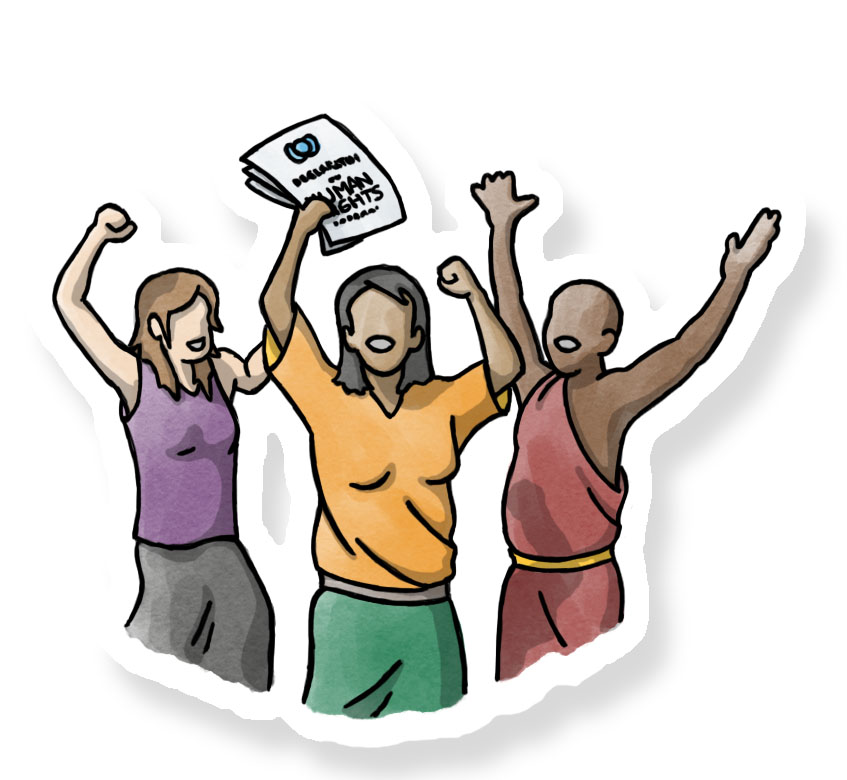ISHR has made a submission to inform development of a draft Convention on the Right to Development, which has the potential to re-shape meanings and norms of international human rights law.
Key points in the ISHR submission include that:
- The right to development is a right of individuals and peoples, not a right of States. In particular, it is the right of individuals and peoples to conditions which contribute to and enable the full realisation of all other civil, political, economic, social and cultural rights.
- The right to development is indivisible, interdependent and interrelated with all human rights. Respect for all human rights is a necessary element of the right to development. Measures to promote and realise the right to development must be developed and implemented compatibly with all other human rights. The right to development must not be invoked or used to justify limitations, restrictions, violations or abuses of any other human rights.
- Human rights defenders play an essential role in promoting and contributing to the realisation of the right to development. Protection and respect for the right to defend rights, including the right to defend the right to development, is integral to the realisation of all human rights and requires that States respect, protect and promote human rights defenders and guarantee a safe and enabling environment for their work, free from undue interference or restriction.




